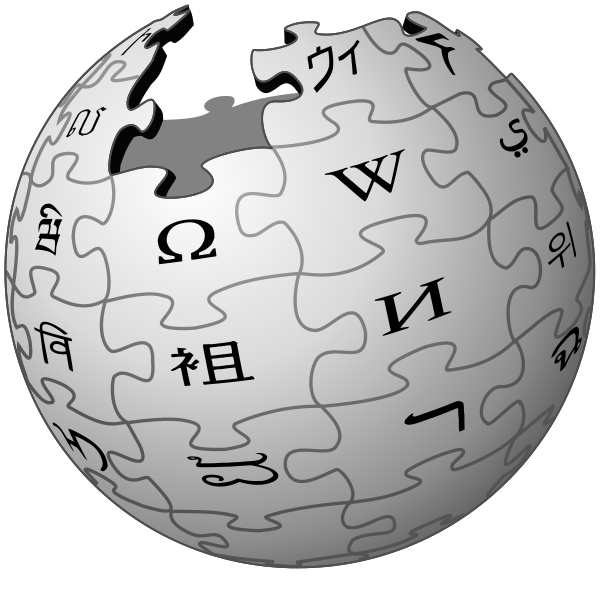Evaluating Information for Academic Quality
Wikipedia or not?

Wikipedia can be good place to start your research … but NOT to end!
Use it to get some general background information and links to other resources, but beware errors and inconsistencies.
Evaluating Resources: The CRAAP Test
-
Evaluating Resources using CRAAPGoogle Presentation created by Heather Morgan
How can you tell if the source you are looking at is credible or relevant?
1. Consider your specific informational needs.
ex. Do you need a scholarly journal article on a cultural group or are you looking for a review of the latest smartphone?
2. The CRAAP Test is a way to help you determine whether a source is credible and relevant.
Remember: A source isn't always great or always bad. There is a lot of gray area.
After considering the CRAAP test, are you abe to defend to your instructor why you chose the source using CRAAP criteria?

Recommended Websites
-
Bureau of Economic AnalysisFrom the U.S. Department of Commerce.
-
CNN Money: EconomyNews and headlines.
-
Economic Policy InstituteStatistical and analytical reports.
-
Federal Reserve SystemSee especially "Economic Research & Data" and "Publications."
-
ForbesLeading publication in business and economic news.
-
International Trade AdministrationIndustry, trade, and economic data published by the International Trade Administration.
-
U.S. Census Bureau: Economic IndicatorsProvides an array of current and historical economic indicators.
Better Searching
Did you know....Google organizes sites by popularity not relevance? Here are some tips for finding better results:
![]() Use quote marks to search for an exact phrase.
Use quote marks to search for an exact phrase.
Example: "study skills"
![]() Limit your search to a specific type of domain by typing site:edu for education or site:gov for government
Limit your search to a specific type of domain by typing site:edu for education or site:gov for government
Example: lymphoma site:gov
![]() Word order matters so use the most important words first.
Word order matters so use the most important words first.
Example: blue sky brings back different results than sky blue
![]() Advanced search allows Google to search a single specific web site for all the occurrences of a keyword or phrase.
Advanced search allows Google to search a single specific web site for all the occurrences of a keyword or phrase.